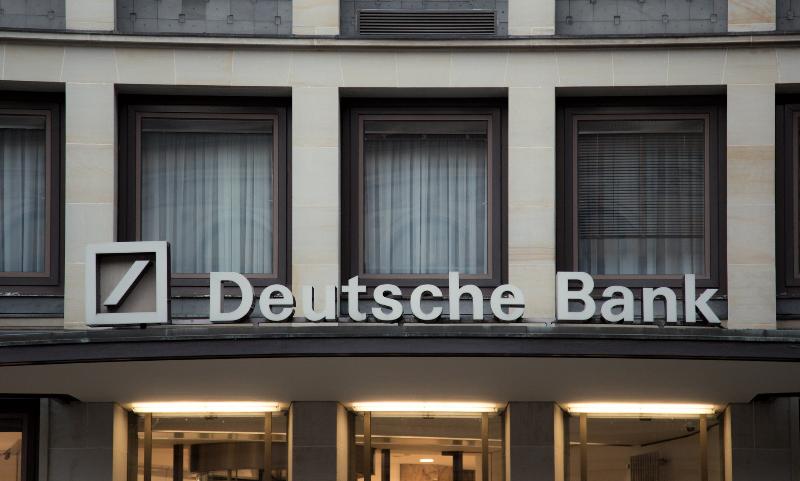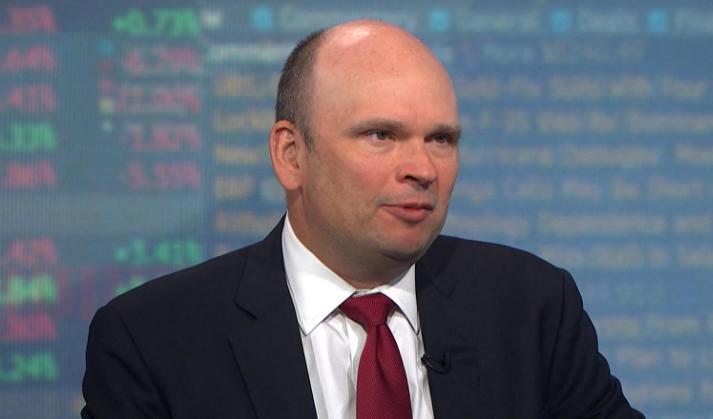2020-11-12 16:34 |
In its latest report titled “Konzept,” while proposing taxing those who work from home, Deutsche Bank advises on promoting digital currencies.
In order to rebuild post-COVID, Europe must go digital, which has already been propelled by the worldwide lockdowns and social distancing measures. Europe must close its digital gap with the US and China, reads the report.
“While the EU has talked up the need for a digital transformation, its efforts to date have been disappointing,” — underfunded.
In the UK alone, the number of sellers using only digital payments this year jumped from 8% in February to 50% in April, stabilized at about 33% in August.
But COVID also highlighted how far behind many countries are in their progress for digital currencies. Marion Laboure wrote,
“With countries, such as China and Sweden, leading the digital currency development, if other countries do not catch up, they may find that their companies are forced to adopt the digital currencies and policies of other countries as payment mediums.”
In advanced economies where interest rates are low and privacy is a major concern, such development takes time.
According to the bank, which has been involved in several money laundering cases over the years, “central bank digital currencies will replace cash” in the long term.
The central banks have already been working on digital cash for some time, but the pandemic has accelerated this process. Over the past two years, the efforts in this direction have multiplied, with 80% of the banks developing a CBDC. Sweden and China are in the lead as both started piloting e-currencies earlier this year.
The report states the lower concerns about anonymity and traceability in China (one-tenth of Chinese survey participants compared to 21% British, 22% Americans, 29% French, and 42% Germans) is why it is “leading the world’s transition toward CBDCs.”
The ECB has released a report on the possible issuance of a digital euro. However, it is currently in an exploration phase, and there's still no decision as to whether and how it will launch a digital euro until at least mid-2021.
The Deutsche Bank says advanced economies need to overcome the challenge of low interest rates and cultural/ privacy norms if they want their populations to adopt a CBDC.
Consumers have little incentive to deposit or save money in the current environment of negative real interest rates. Here, a “CBDC could help disintermediate the banking system,” and people might choose to hold their money directly at the central bank, which would disrupt legacy bank franchises and impact financial stability.
For now, most governments' priority must be on regional digital payment systems — “to strengthen the euro and maintain a position of sovereignty in data.”
Then they should move on to a digital euro for which central banks, governments, large banks, and the clearing system must collaborate. “Either the market finds a solution itself or, if the market fails, it should be imposed by regulation,” says the bank.
The post Low-Interest Rates & Privacy Concerns Hindering Advanced Economies’ CBDC Progress: Deutsche Bank first appeared on BitcoinExchangeGuide.
origin »Bitcoin price in Telegram @btc_price_every_hour
Time New Bank (TNB) на Currencies.ru
|
|



















